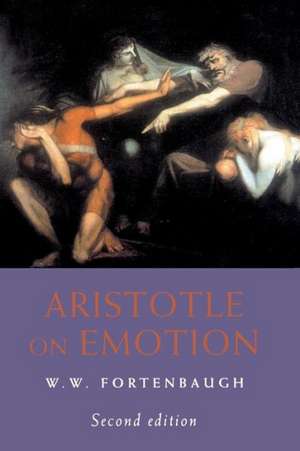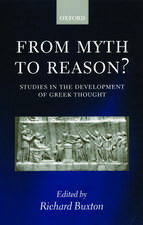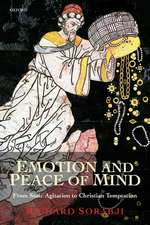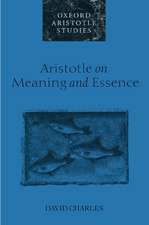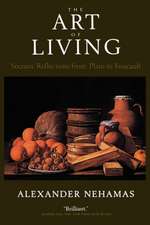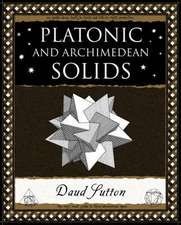Aristotle on Emotion
Autor William W. Fortenbaughen Limba Engleză Paperback – 13 noi 2002
Preț: 163.08 lei
Preț vechi: 190.41 lei
-14% Nou
Puncte Express: 245
Preț estimativ în valută:
31.21€ • 32.46$ • 26.16£
31.21€ • 32.46$ • 26.16£
Carte tipărită la comandă
Livrare economică 14-28 martie
Preluare comenzi: 021 569.72.76
Specificații
ISBN-13: 9780715631676
ISBN-10: 0715631675
Pagini: 128
Dimensiuni: 135 x 216 x 11 mm
Greutate: 0.2 kg
Ediția:Nouă
Editura: Bloomsbury Publishing
Colecția Bristol Classical Press
Locul publicării:London, United Kingdom
ISBN-10: 0715631675
Pagini: 128
Dimensiuni: 135 x 216 x 11 mm
Greutate: 0.2 kg
Ediția:Nouă
Editura: Bloomsbury Publishing
Colecția Bristol Classical Press
Locul publicării:London, United Kingdom
Notă biografică
W.W. Fortenbaugh is Emeritus Professor of Classics at Rutgers University, USA. His publications include as author of two volumes on Theophrastus of Eresus: Sources for his Life, Writings, Thought & Influence, Commentary Volume 6a (2005) and Volume 8 (2010).
Cuprins
I. Aristotle's Analysis of Emotional Response I. Emotion and cognition 2. The study of emotion and demonstrative science 3. A contribution to rhetoric 4. A contribution to poetics 2. A New Political-Ethical Psychology r. The development of a bipartite psychology 2. A peculiarly human psychology J. An advance over tripartition as a political-ethicalpsychology 4. Different from tripartition as a developing biological psychology J. Consequences for Political Theory r. Moral education 2. The imperfection of young people 3. Natural slaves 4. Women and their subordinate role 4. Consequences for Ethical Theory I. A new conception of human virtue 2. Virtuous action without calculation 3. Moral virtue and the goal of action 4. Practical and non-practical emotions 5. Temperance and human appetites 6. Non-emotional modes of social interaction Epilogue r. Human emotion, doxa and pbantctsia 2. The effect of emotion on judgment, the involvement of pain and pleasure J. An analysis emphasising similarity 4. Analysis involving difference in degree 5. Laughter as finding something funny Index of ancient sources Index of modern authors Index of subjects
Recenzii
William Fortenbaugh's lucid analysis of the emotions in Aristotle was pathbreaking when it first appeared, and it remains without a doubt the best book on the subject.
This pioneering book offered an extremely revealing analysis of Aristotle on emotion, on parts of the psyche, on women and slaves and on the virtues, all in under 100 pages, and it is still the best treatment of some of its subjects. This updated edition should be welcomed and widely read.
This pioneering book offered an extremely revealing analysis of Aristotle on emotion, on parts of the psyche, on women and slaves and on the virtues, all in under 100 pages, and it is still the best treatment of some of its subjects. This updated edition should be welcomed and widely read.
Descriere
This text focusses on the central issue of how Aristotle conceived of emotional response. Among other matters, it considers laughter, emotion in relation to belief and appearance, the effect of emotion on judgement, and the involvement of pain and pleasure in emotional response.
